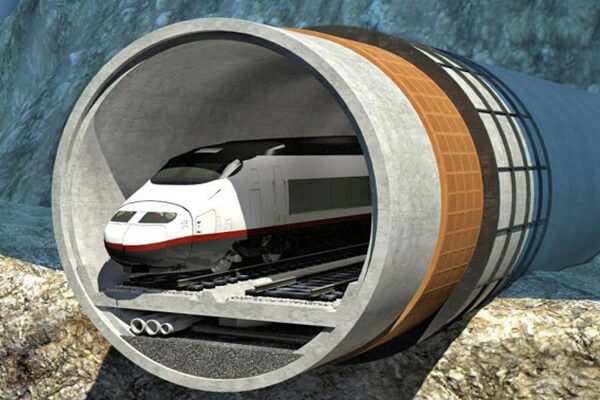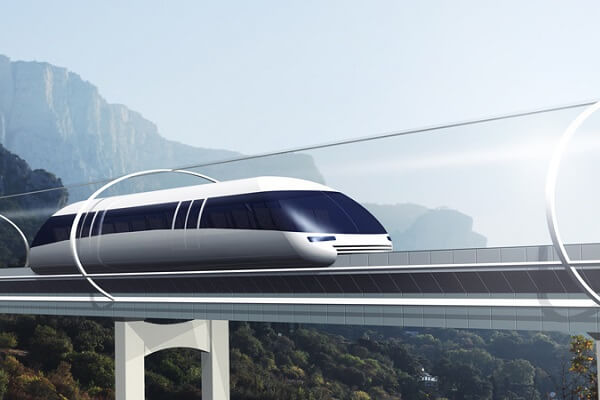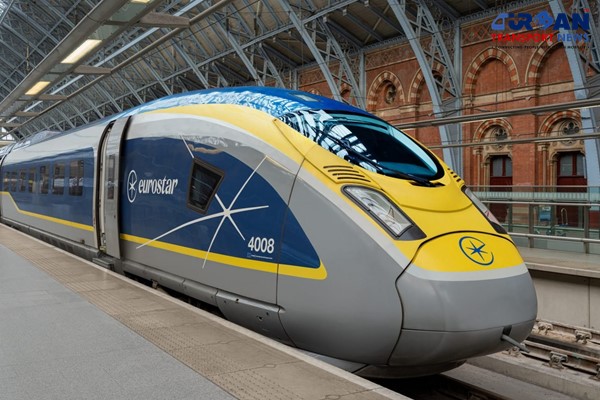 Delhi unveils ambitious Urban Mobility Vision: Luxury Metro Coaches, New Tunnels and Pod Taxi
Delhi unveils ambitious Urban Mobility Vision: Luxury Metro Coaches, New Tunnels and Pod Taxi Qatar approves Saudi Rail Link Agreement, Accelerating Gulf Railway Vision 2030
Qatar approves Saudi Rail Link Agreement, Accelerating Gulf Railway Vision 2030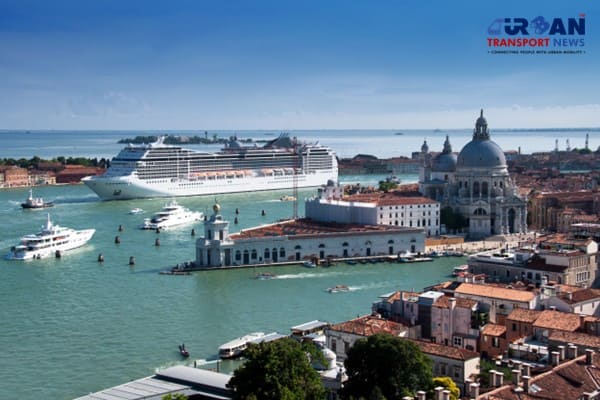 UP Govt plans to introduce Water Metro services in Ayodhya, Varanasi & Prayagraj
UP Govt plans to introduce Water Metro services in Ayodhya, Varanasi & Prayagraj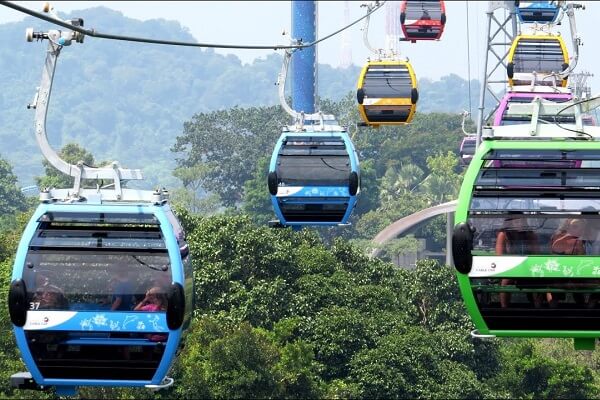 India’s First Urban Ropeway begins Trial Run in Varanasi, Set to carry 1 Lakh passengers daily
India’s First Urban Ropeway begins Trial Run in Varanasi, Set to carry 1 Lakh passengers daily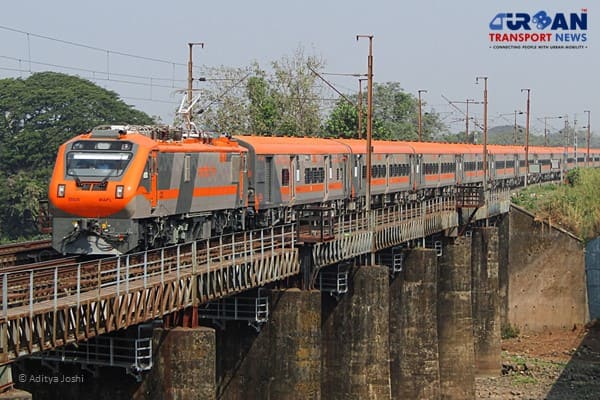 India and Bhutan to Build First-Ever Rail Link: ₹4,033 Cr Project to Boost Regional Connectivity
India and Bhutan to Build First-Ever Rail Link: ₹4,033 Cr Project to Boost Regional Connectivity Patna to launch Eco-Friendly Water Metro; Trial Run soon between Digha and Kangan Ghats
Patna to launch Eco-Friendly Water Metro; Trial Run soon between Digha and Kangan Ghats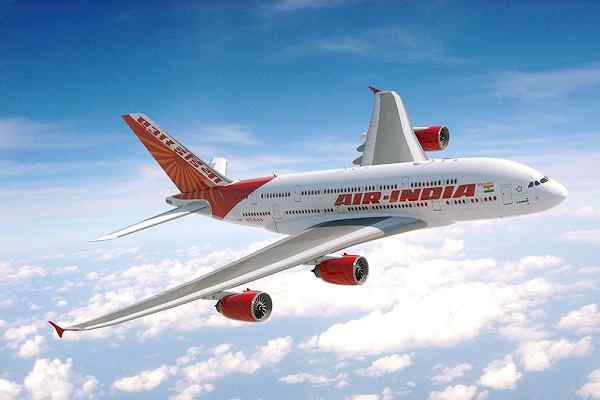 Air India Group set to launch Flights Operations from Navi Mumbai International Airport
Air India Group set to launch Flights Operations from Navi Mumbai International Airport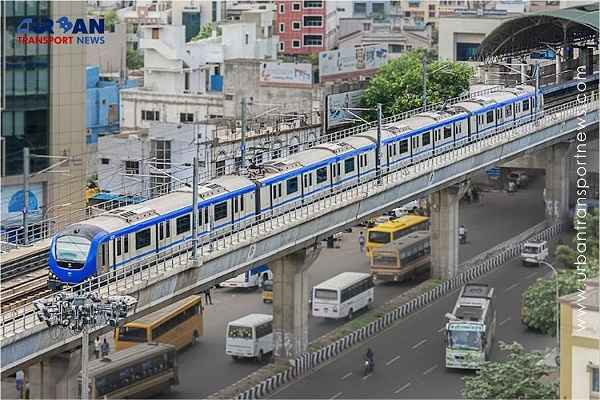 Chennai to launch 25-Year Mobility Plan with Unified QR Ticketing and One-App Transit System
Chennai to launch 25-Year Mobility Plan with Unified QR Ticketing and One-App Transit System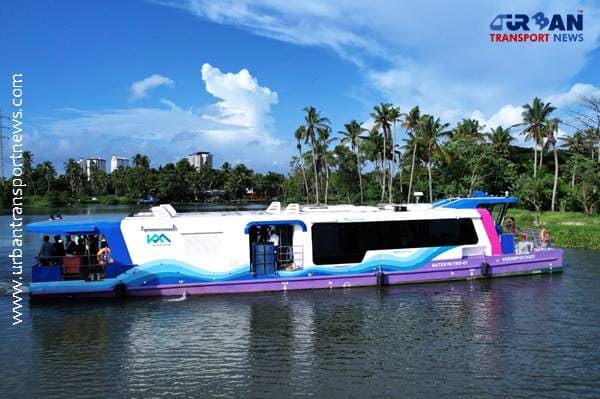 Kochi Metro bags ₹4.4 crore contract to prepare DPR for Mumbai Water Metro Proejct
Kochi Metro bags ₹4.4 crore contract to prepare DPR for Mumbai Water Metro Proejct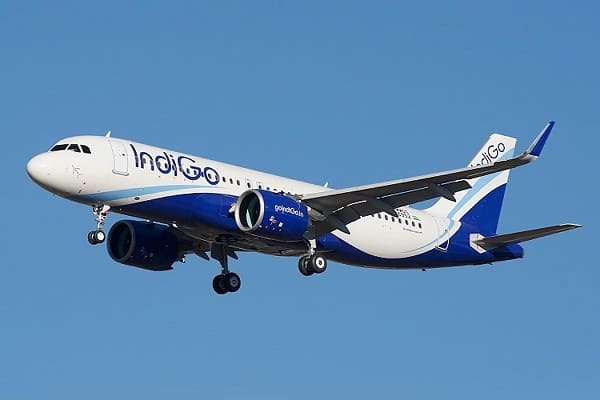 Navi Mumbai International Airport set for September launch; IndiGo and Akasa Air to lead Operations
Navi Mumbai International Airport set for September launch; IndiGo and Akasa Air to lead Operations
Cost of Los Angeles-San Francisco bullet train increased to US$80.3 billion
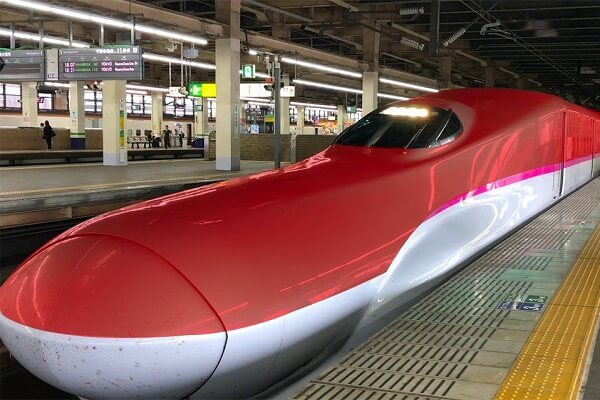
California, United States (Urban Transport News): The California High-Speed Rail Authority (CHSRA) has recently released its Draft 2020 Business Plan. According to the business plan, the overall cost of the Los Angeles-San Francisco bullet train project has been increased by US$1.3 billion, bringing the total cost of the project to US$80.3 billion. Experts say that although it is making progress and putting California to work on the High-Speed Rail construction, future funding remains uncertain.
The Los Angeles-San Francisco bullet train project has seen costs rise since it was first approved in 2008 and the length of the network has been scaled back. The low end of the authority’s estimate has Northern California to Southern California route coming in at US$63.2 billion whereas the high end of the CHSRA’s range, the project could cost as much as US$98.1 billion.
The cost increases on the bullet train project will also affect another schedule delay for service between Silicon Valley and the 191-km Central Valley portion of the project between the cities of Merced and Bakersfield. According to the new draft business plan, the CHSRA assumes completion of the full line by 2033. "It remains to be seen whether or not the Central Valley portion of the project will meet the Federal Railroad Administration’s milestone requirements in order to keep a US$929 million grant.
This was the segment to which California Governor Gavin Newsom committed soon after taking office, leaving the remainder of the plan undetermined", reported the KHL group. "The FRA said the CHSRA has not shown that it will be able to meet the line’s December 31, 2022, performance deadlines. The authority is in litigation with the FRA over that decision. The administration has also threatened to claw back US$2.5 billion of Obama-era funding," KHL group reported.
According to Brian Kelly, the project’s chief executive, the increase in the projected baseline cost is smaller than previous jumps and within the ranges of recent previous estimates. According to the business plan 2016, the estimated cost of the project was US$64 billion and the CHSRA raised that to US$77 billion in its 2018 business plan and added US$2 billion to the estimate just last year. By then the state must have 119 miles (191km) completed, with track on the ground.
It must also have environmental clearance for all 520 miles (836km) to meet its deadline to use $3.5 billion that the state won under the Obama administration to build an initial segment of track in the Central Valley. Commenting on the draft Business Report 2020, Melissa Figueroa, Spokeswoman for CHSRA said:
We are on track to do that. It’s going to be hard, no question about that. But we have plans in place and everyone is focused on getting that done.
The Authority is taking comments on the 2020 business plan and must deliver the final version to California lawmakers by May this year.





